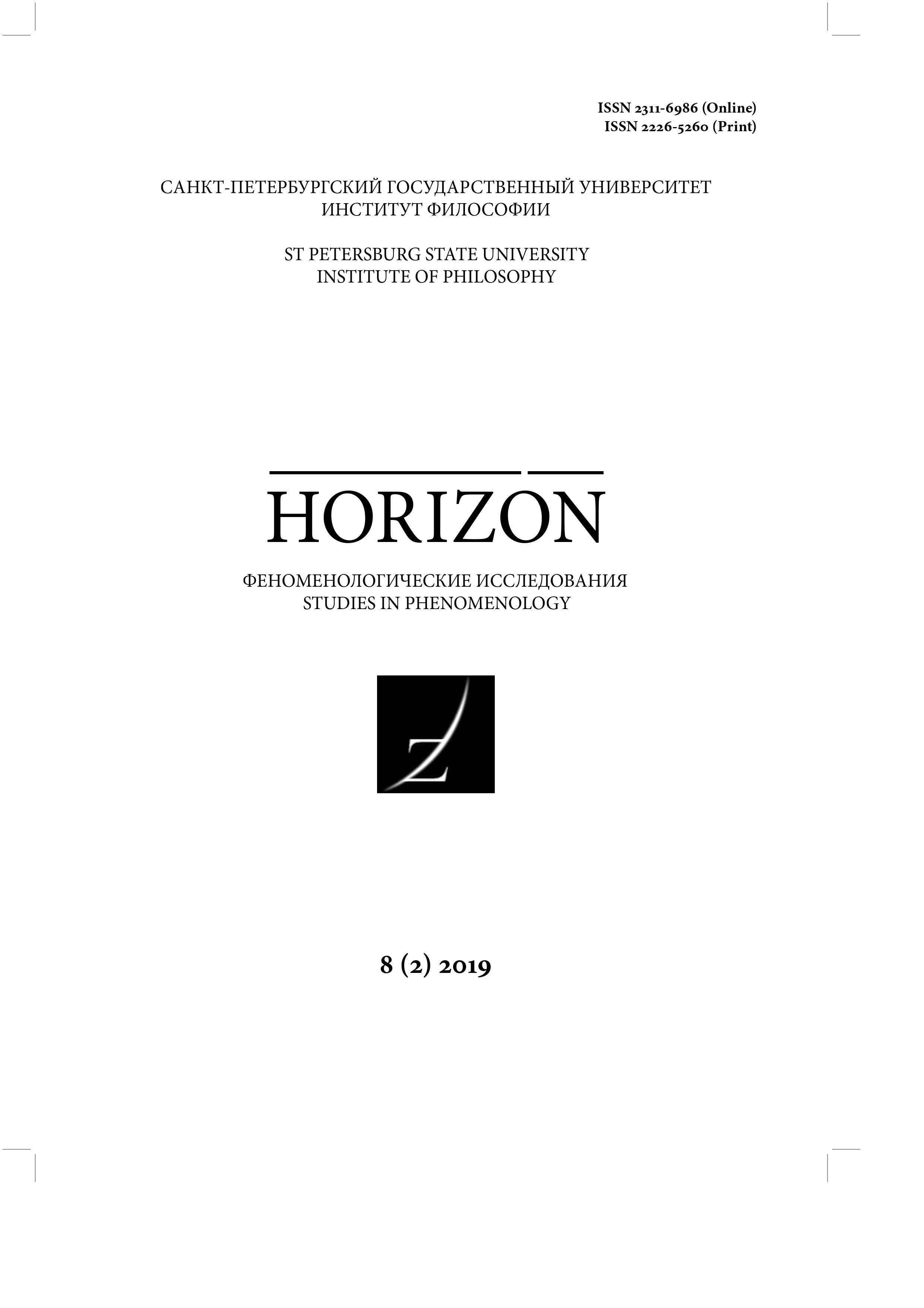«НЕЧЛЕНОРАЗДЕЛЬНЫЕ ЗВУКИ» ФЕНОМЕНОЛОГИИ: ВИТГЕНШТЕЙН И ТЕЗИС «НИЧТО НИЧТОЖИТ»
“INARTICULATE SOUNDS” OF PHENOMENOLOGY: WITTGENSTEIN AND THE THESIS “NOTHING NOTHS”
Author(s): Georgy ChernavinSubject(s): Existentialism, Analytic Philosophy, Phenomenology
Published by: Издательство Санкт-Петербургского государственного университета
Keywords: Wittgenstein; Heidegger; analytic philosophy; phenomenology; problem of the phenomenological language; existential experience; philosophical disquiet;
Summary/Abstract: The article deals with Wittgenstein’s interpretation of the Heideggerian thesis “the nothing noths.” The phenomenological utterances are, according to him, “unarticulated sounds.” We discuss the following unsettling situation: theses of phenomenological philosophy (in this case of existential phenomenology), transferred to the field of philosophy of language, lose their meaning, turn into “incompetent sounds.” How is mutual understanding possible if, in the course of a philosophical discussion, the words (coming from one of the interlocutors or from both of them) turn into unarticulated sounds? Nevertheless, despite the alleged “incomprehensibility” of phenomenological expressions, Wittgenstein wants to “pay tribute” to Heidegger and he is looking for similar motives in his own philosophy. The most important of these motives is the one of philosophical disquiet. Wittgenstein goes through the options of how to understand “the nothing noths,” not so much questioning what Heidegger wanted to say, but rather why he wanted to say it. What can make a philosopher utter a tautology? Is this strange phrase the symptom of something else? What does it replace, displaces? What hurts a philosopher, if he has such a strange verbal behavior? The first hypothesis of Wittgenstein is that the author of the statement “the nothing noths” wants to get rid of a philosophical disquiet. This is Wittgenstein’s own motive—an indistinct intellectual disquiet, a “mental cramp,” a “hair on the tongue” from which it is necessary to get rid of. Then Wittgenstein (quite in the spirit of Carnap) reflects on the fact that the phrase “the nothing noths” can be eliminated by introducing a notation in which this sentence cannot be written. Wittgenstein believes that the disquiet will go away with this unhappy sentence and tries to treat the “sick” verb “to noth” applying to it various metaphors: a landscape or a maritime metaphor, a mechanical, an architectural, a decorative, a didactic and, finally—a digestive one. Oddly enough, it is from here (from the metaphor of stomach pain) that Wittgenstein takes a step toward the apt remark that “the words of phenomenologists are inarticulate sounds.”
Journal: Horizon. Феноменологические исследования
- Issue Year: 8/2019
- Issue No: 2
- Page Range: 487-501
- Page Count: 15
- Language: Russian

